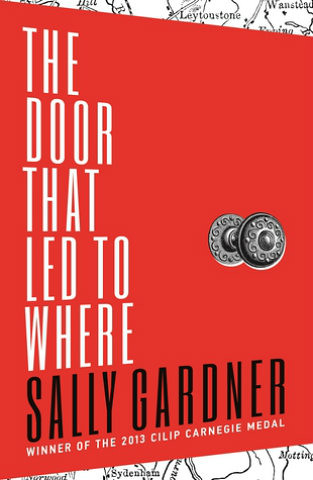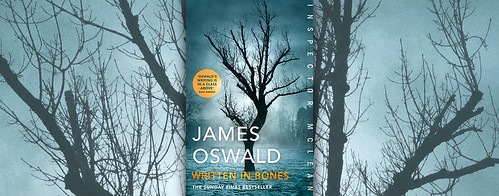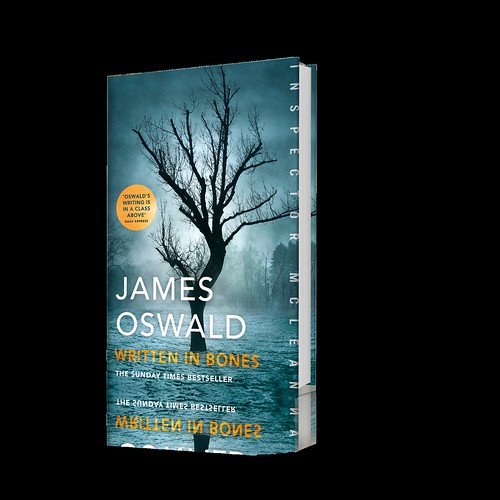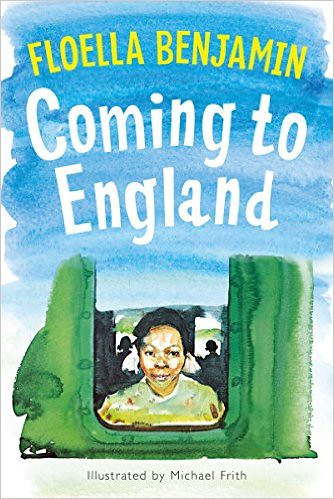Or kick them out, in case they already sneaked in.
I’m afraid I can’t leave the state of the world’s affairs alone. There are days when several hours pass without me thinking about this, and there are days when they don’t.
Where to start? Last week at least the children’s books world cried out when Australian author Mem Fox was detained by US immigration officials and treated as though she was a threat to their country. There is very little I can say. I don’t know whether this was done through sheer ignorance, or knowing full well what they did and that that was the whole point.
Maybe on to Australia after that. It seems no country is better than the rest. Luckily it appears that a last minute intervention has saved the deportation of a [Bangladeshi] doctor and her autistic daughter, who it was feared might become a burden on Australia and its tax payers’ money.
While we’re in the medical world, let’s move on to Sweden, shall we? A week ago a 20-year-old pregnant woman was refused entry to the antenatal clinic in a leading Gothenburg hospital, because she looked like a muslim. She is muslim. Born in Sweden, but still. She had phoned in about a concern in her pregnancy and been told to come in. Except when they saw her staff didn’t want to open the door.
Sticking with medical issues, my thoughts went to Malala, the foreign girl from a country so many don’t want immigrants from, who was permitted to come to Britain for her life to be saved. And we all feel so good about that, and we admire her for what she’s gone on to do after recovering. She’s become a National Treasure, unless I’m mistaken?
The same goes for Nadiya Hussain, who bakes and writes books and is so popular you need to queue up to get her autograph.
On Saturday a Facebook friend of mine, author and journalist Hilary Freeman wrote an article for the Guardian about her worries for her family’s future. She has a young child and the father of the child is French. He hasn’t been here long enough to qualify for anything, nor does he earn enough money. The article is very well written, and manages to cover the concerns of many, even if our individual cases vary.
Thinking some more about authors. Two of my top three favourite books were written by immigrants. I keep those books in my ‘special’ bookcase. Had a little look to see who else is there, and counted up to eight ‘foreigners,’ including Italian Scots, before the shelf disappeared behind the armchair. But you get the picture; lots of fabulous books have a non-British background. Even when ‘we’ think it’s good old English stuff.
If I did to my bookcase what the Davis Museum in America did when they removed art by immigrants (for the best of reasons), it’d soon look pretty deserted.
And there is always something that can be done, putting people in their place. Quoting Wikipedia, Tamarind Books ‘was founded in 1987 as a small independent publisher specialising in picture books, fiction and non-fiction featuring black and Asian children and children with disabilities, with the mission of redressing the balance of diversity in children’s publishing.’ This is very worthy and I have the highest opinion of Tamarind. But now that it is also an imprint within a much larger organisation, has it become the place to stash away the slightly foreign authors? You know, ‘you will be happier next to your own kind’ sort of thought.
As for tax payers’ money, I always believed it was there for the burdens in life.







